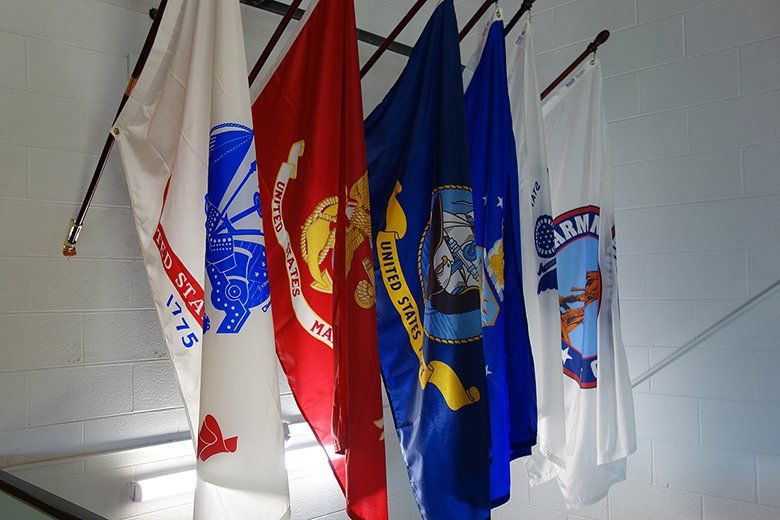Discharge Upgrades
What Is a Discharge Upgrade?
A discharge upgrade changes the “character of service” shown on your DD-214. Those who leave the military with other than honorable discharges often are denied Veterans Affairs benefits, including healthcare. Others, feeling it dishonors their service, may want their discharge changed even if they remain eligible for Veterans Affairs benefits. If your discharge is connected to any of the following, you may have a strong case for a discharge upgrade:
Top Questions
- When is a discharge upgrade applicable?
A discharge upgrade may be sought by veterans who receive a character of service categorized as “General,” “Other than Honorable,” “Bad Conduct,” or “Dishonorable.” In many instances, service members received these undesirable discharges due to circumstances associated with military trauma, such as PTSD, anxiety disorder, military sexual trauma (MST), or Traumatic Brain Injury (TBI).
- Where do I apply for a discharge upgrade?
Discharge upgrades are reviewed by panels, usually referred to as the Board. Depending on when you were discharged, these fall into two main categories:
(1) Discharge Review Boards
The DRB most commonly reviews applications for upgrades from service members who were discharged less than 15 years ago. The DRB has limited authority, and may not review upgrade packages from a discharge stemming from a General Court-Martial, or grant/change a disability discharge. A DRB gives two opportunities for review, a records review or an in-person hearing. Requesting a records review first grants the opportunity for a “second bite of the apple” through an in-person hearing (if needed). Arguments to the DRB must be based on “inequity” (the penalty leveled was too harsh) or “impropriety” (the discharge was entirely improper based on current military guidance).
(2) Board for Correction of Military Records (BCMR/BCNR)
The BCMR (or BCNR) are capable of changing the level and narrative for all manner of discharges. Arguments to the BCMR or BCNR must be based on “injustice” and “error,” which effectively mirror the arguments at the DRB for inequity and impropriety. Requests to the BCMR or BCNR are appropriate when the 15-year statute has expired for the DRB, the DRB cannot hear your request (GCM or disability discharge), or if the DRB has already denied the upgrade. Applications to the BCMR or BCNR must be submitted within three years of discovering the “error or injustice,” but this deadline is frequently waived by the Board in the “interest of justice.”
- Why should I choose to hire an attorney for a discharge upgrade?
Hiring an attorney to assist with your discharge upgrade exponentially increases your chances of success. The Boards are often particular in their requirements; veterans frequently miss opportunities to sway the Board in their favor that experienced legal counsel would apply. The Rocky Mountain Veterans Advocacy Project specializes in thoroughly reviewing your record for the evidence necessary to craft the best possible arguments on your behalf.
My work with the RMVAP has been the most critical step of my legal education. It has given me all the advantages of experiential learning and motivated me to do my best work for our clients. The veterans we work with are typically honorable, in need, and facing down massive legal and administrative hurdles - helping them is a privilege. Additionally, as a 2nd Lieutenant under a JAG contract, what I have learned at RMVAP has lent me critical insight into what happens to veterans after an unfavorable discharge characterization. Very few of my peers in the JAG corps will have this knowledge which will allow me to temper military discipline with equity in justice.
Lark Commanday
“I am very fortunate that I am able to use my legal skills to advocate on behalf of an incredibly deserving, yet underserved, population. For servicemembers attempting to obtain the discharge status and disability compensation they deserve, the process can be incredibly disheartening and needlessly complicated. My work at RMVAP allows me to facilitate and promote institutional justice, while ensuring our clients never have to navigate this process alone.”
Payton Martinez
Want more information?
All Rights Reserved | Fix8







